Native Bees vs Honey Bees: What's the Difference?
How much difference is there between native bees vs honey bees? With over 20,000 bee species worldwide, the variation between them can be huge. Most types are native bees, which just means they occur naturally in a given area. Honey bees aren’t native to most places, but they still play a critical role in pollinating food crops.

What Are Native Bees vs Honey Bees?
There are so many different types of bees that unless you’re an expert, it’s impossible to recognize them all. As insects, all bees do share a few things in common, though, including:
- A pair of large compound eyes
- Two pairs of wings
- Three body parts
All honey bees are pollinators, and most native North American species are, too. However, some native bees don't spread pollen widely. One example is the cuckoo bee, which secretly lays its eggs in the nests of other bees, hoping to trick them into raising their young.
Learn more about 5 Types of Bees and How They Differ.

Which Sting Is Worse: Native Bees vs Honey Bees
Male bees don’t have stingers. Some native bee species are completely stingless, too. However, worker honey bees (which are all female) and most female native bees do have stingers.
A big difference between a native bee and most honey bees is their stinger type. Except for the queen bee, female honey bees have barbs on their stingers, so they can only sting you once. Unfortunately, this leaves the stinger stuck in you, which should be removed quickly but carefully since it continues to pump venom into you after the bee falls off. Most native bees lack these barbed stingers, so they can sting multiple times, but the stinger doesn't stay in your skin.

Why Are Bees Important?
Most flowering plants require animal pollinators such as bees to carry pollen between them. Professional beekeepers hire their hives out to farmers who need pollinating insects. Beekeepers typically don’t keep native bees. However, native species still play a major role in pollination.
Without bees, we could lose many of the fruits and vegetables on the market today. While worldwide recognition of the importance of bees is increasing, it’s up to all of us to continue to spread awareness. Wearing clothing or using accessories that feature bees is an excellent way to do this and look stylish while doing so.

Do We Get Honey From Native Bees vs Honey Bees?
While there are some honey bees native to North America, they generally produce too little honey to harvest, needing to use it as food for the next generation of bees. Most domestic honey bees live in large colonies that are tended by beekeepers. These produce plenty of excess honey to harvest. Find out more about the benefits of honey.

How Can You Help Both Native and Honey Bees?
You can help spread the word about the differences between native bees vs honey bees, and why each is so important to maintain nature’s delicate balance. If you want to go a step further, you can plant wildflowers for bees, or even start your own beehive for a hobby. Check out our ultimate guide: How to Help Pollinators for more tips.
You can also shop to support this important cause. BeCause Tees not only plants trees with every purchase, but we also donate to environmental charitable causes — and you can choose charities that help bees! Shop our Pollinator Collection today.
Sources:
https://www.bbc.com/future/article/20140502-what-if-bees-went-extinct
https://www.noble.org/news/publications/ag-news-and-views/2017/march/11-myths-about-bees
https://wildlifepreservation.ca/blog/to-sting-or-not-to-sting/
https://www.canr.msu.edu/news/what_do_you_really_know_about_bees
https://www.nwf.org/Educational-Resources/Wildlife-Guide/Invertebrates/Bees
https://www.nrcs.usda.gov/wps/portal/nrcs/main/national/plantsanimals/pollinate

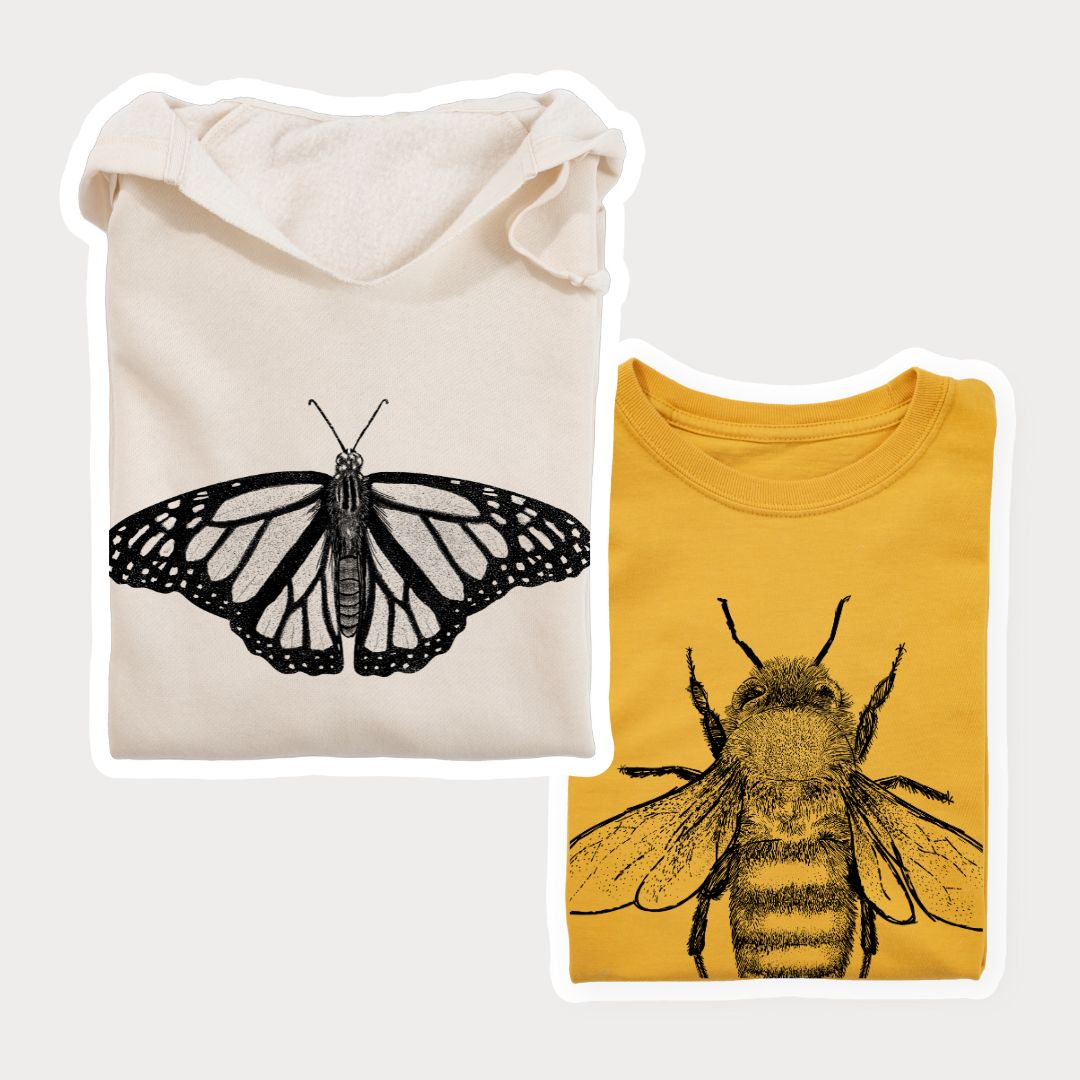

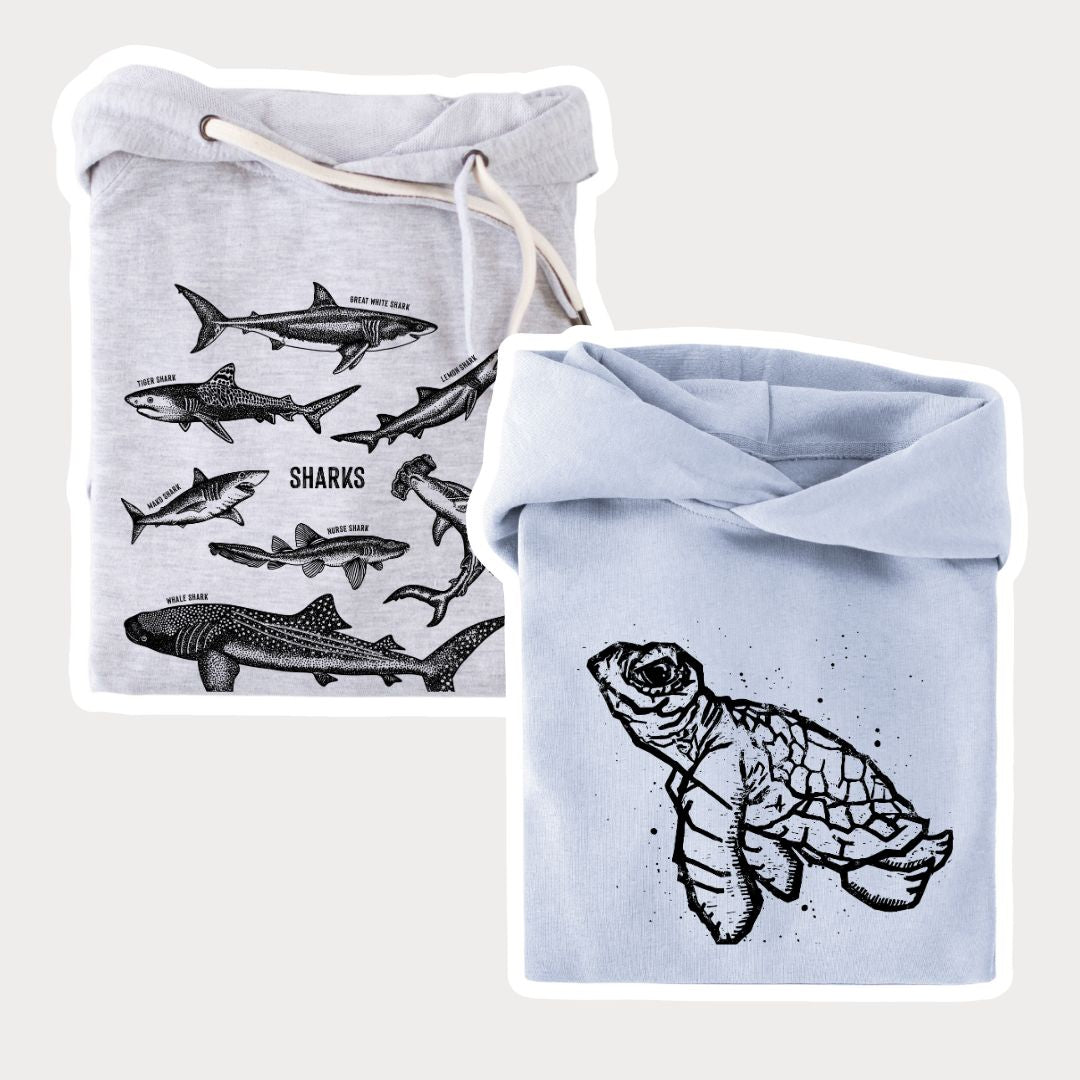
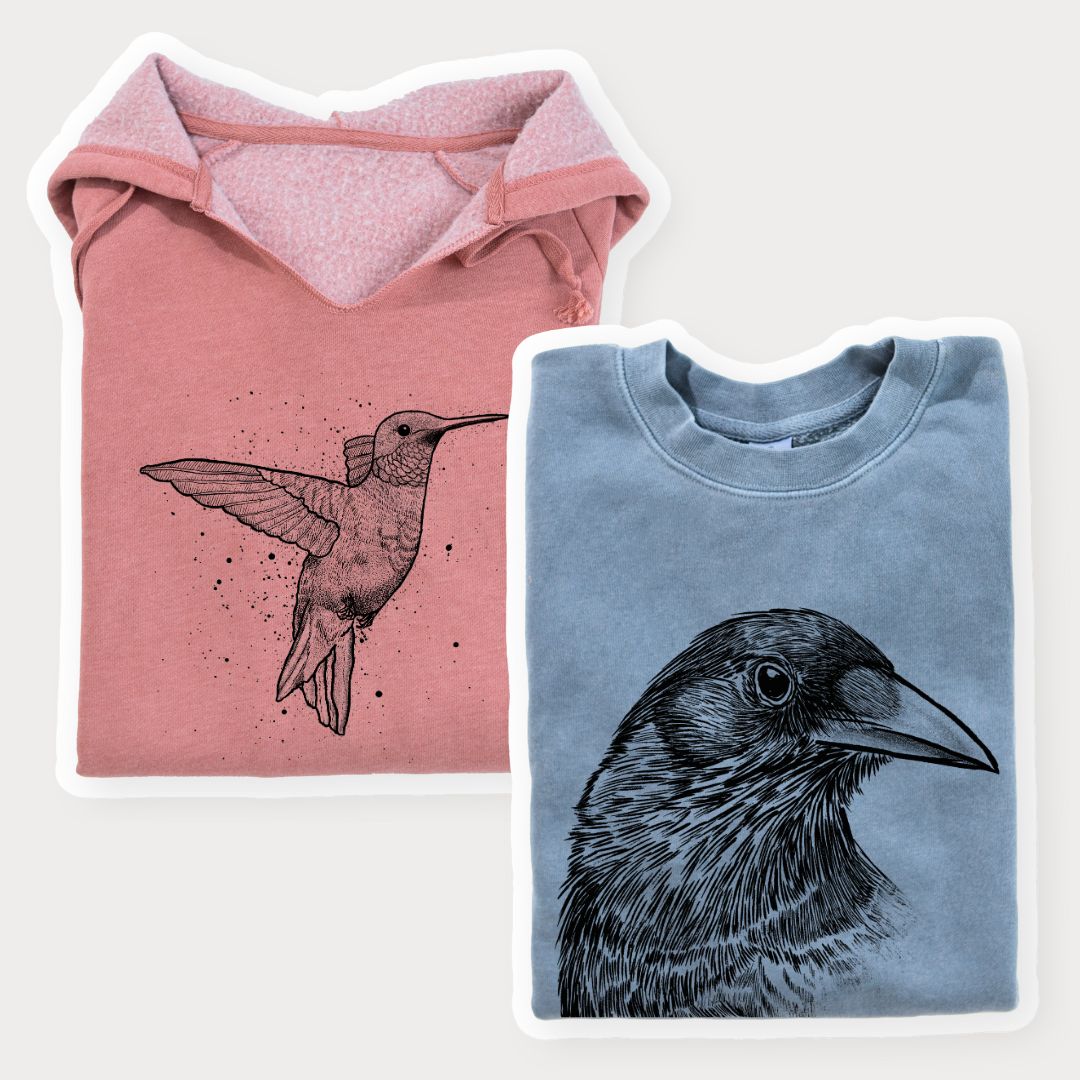
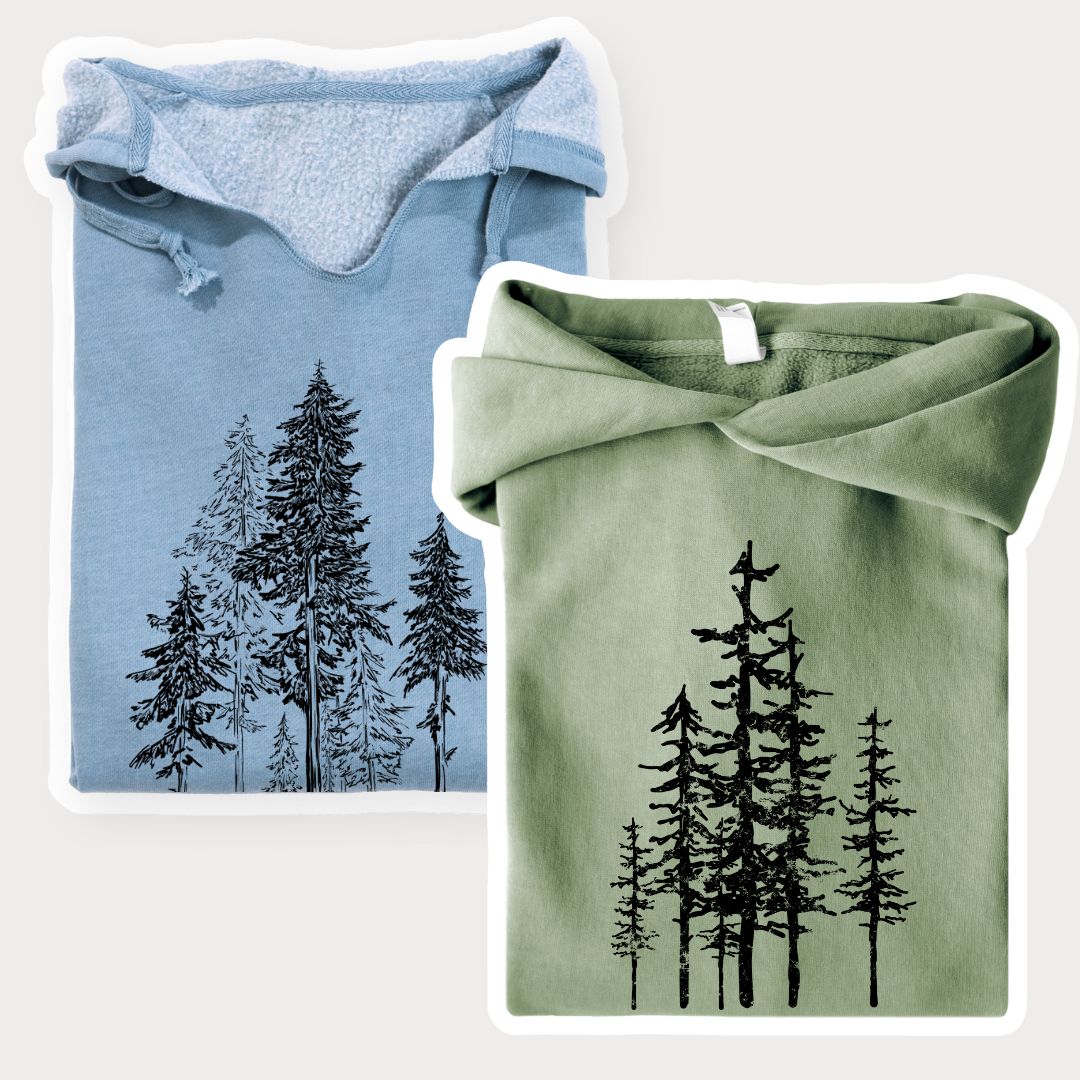
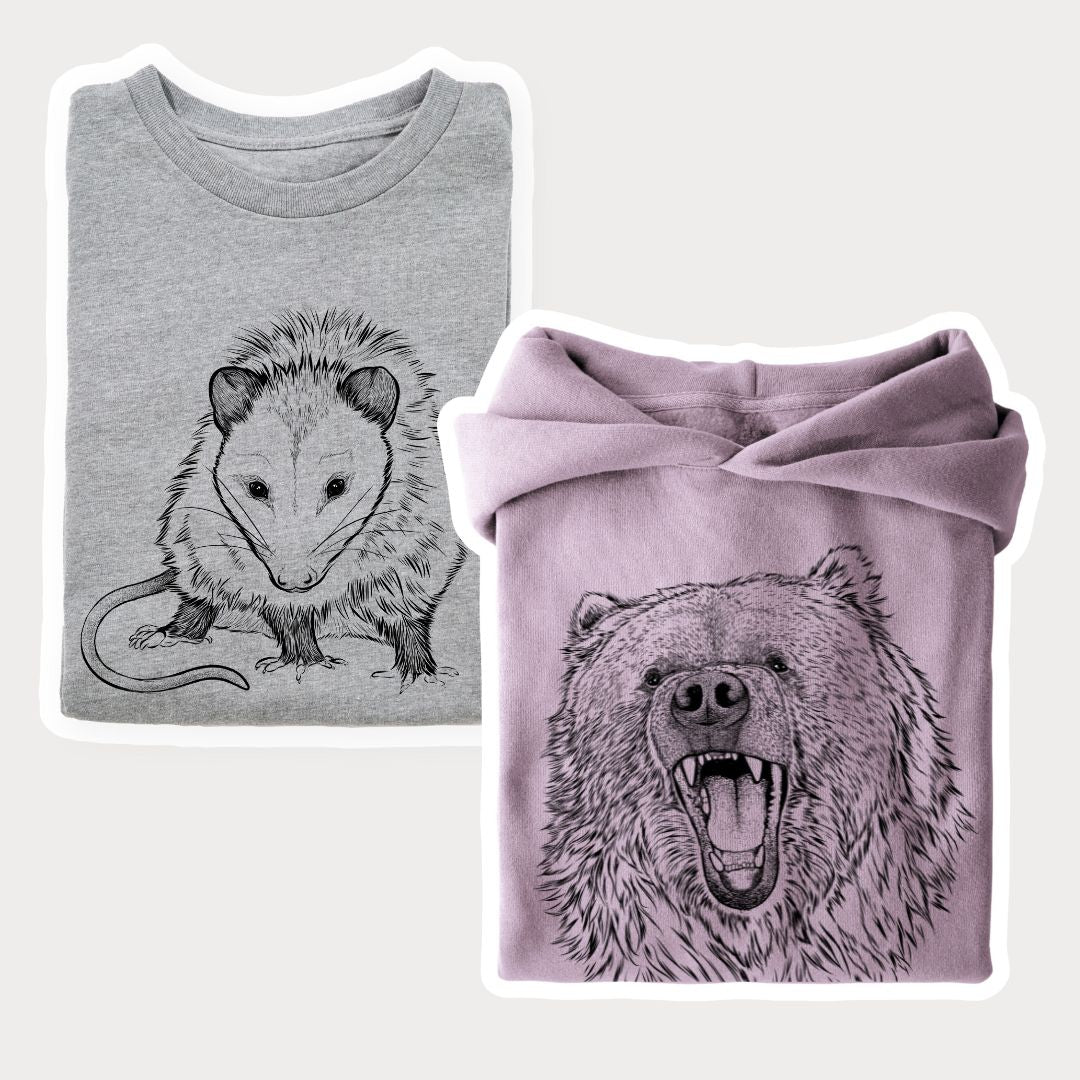


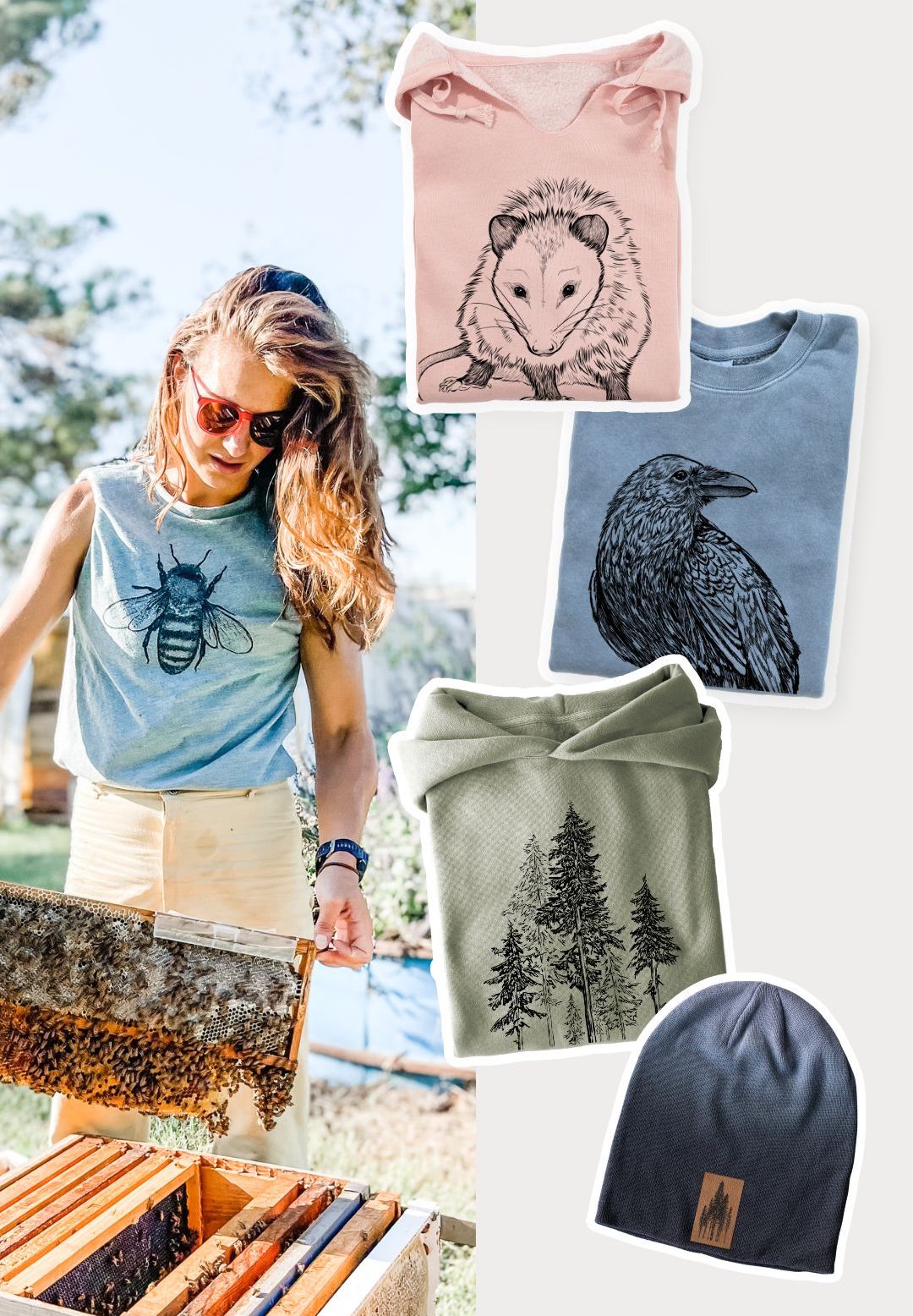

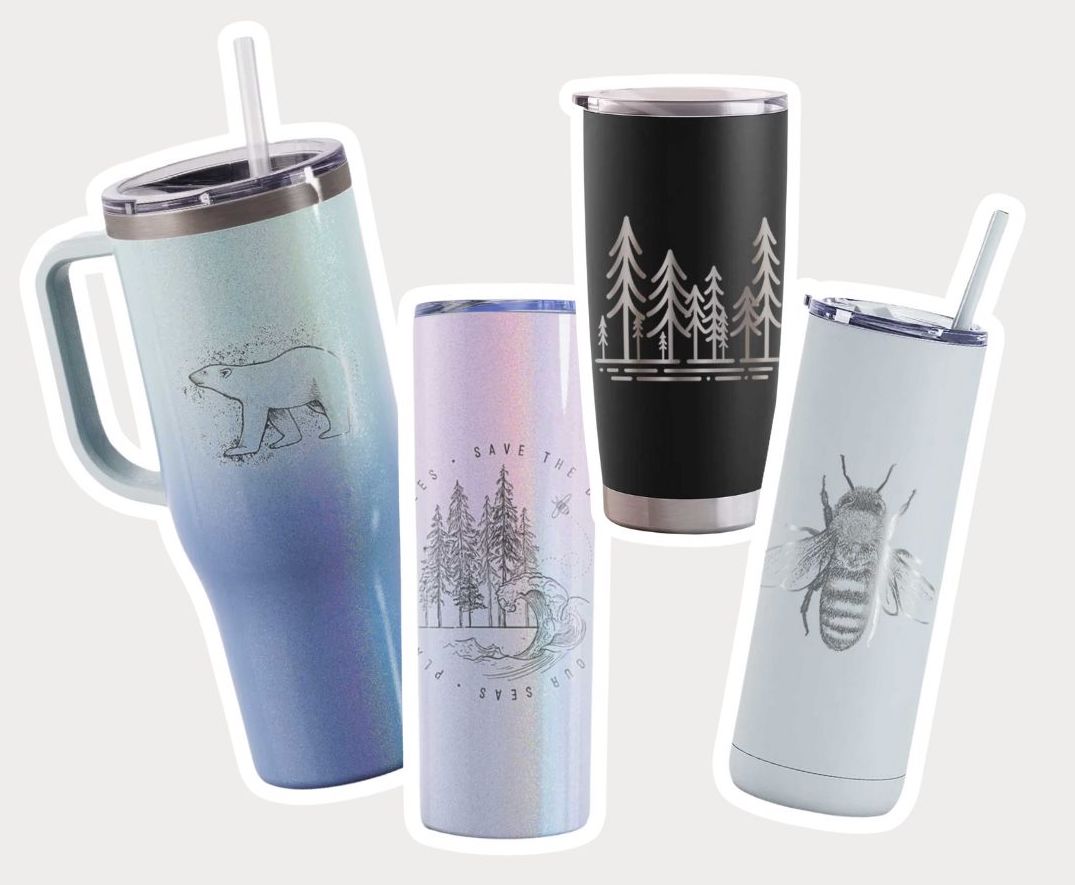


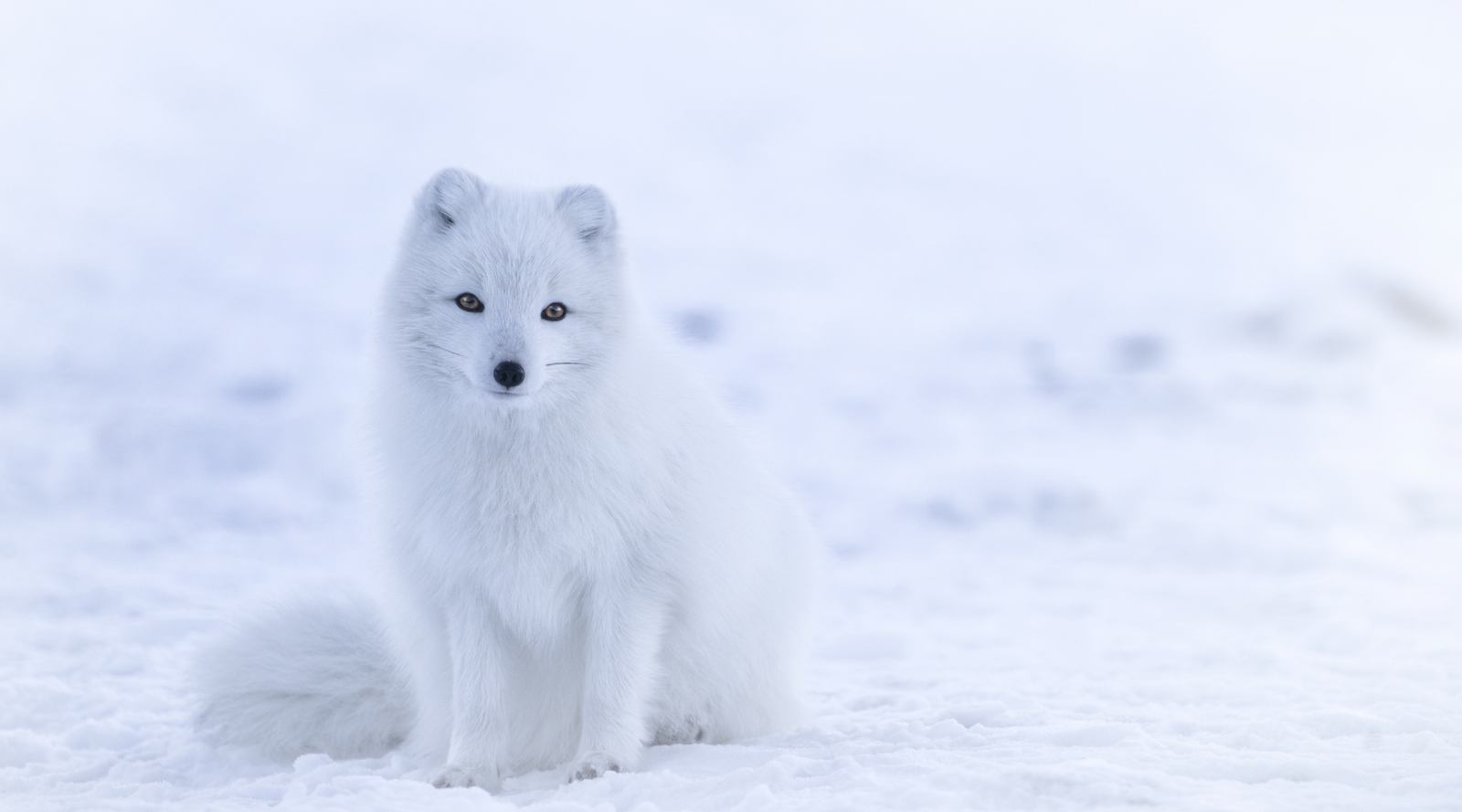

Leave a comment (all fields required)